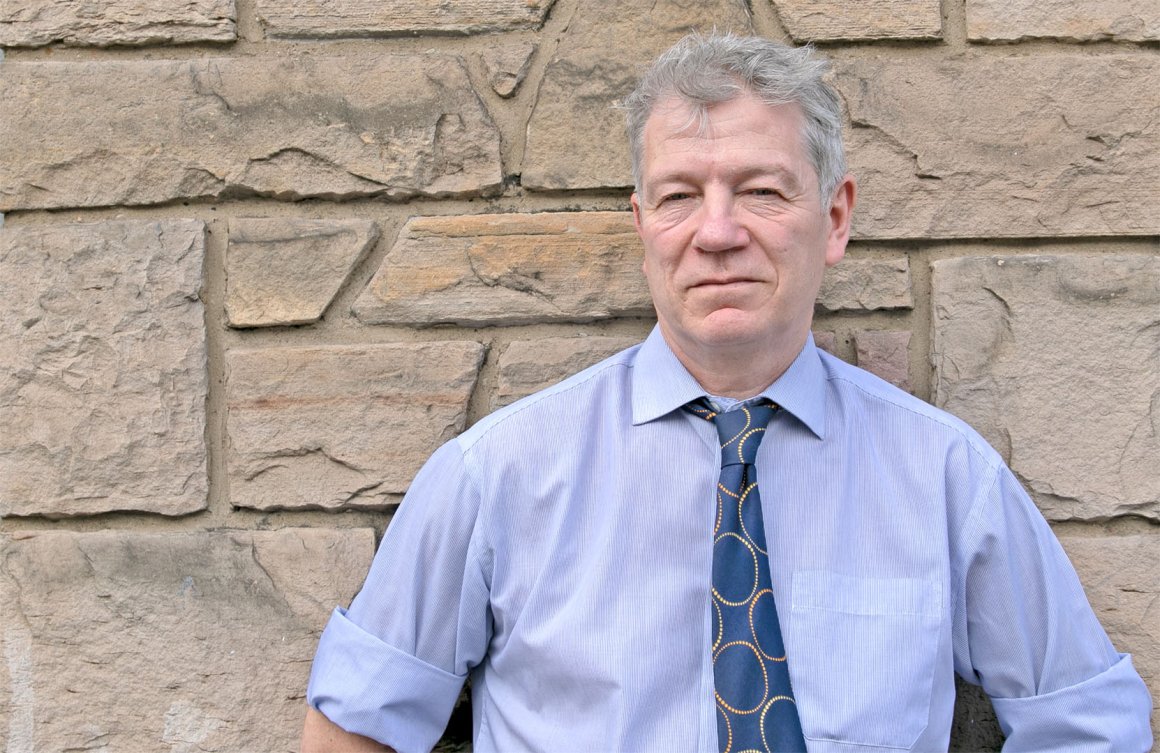With more than one million people aged 85+ in the UK, and a predicted 2.7 million by 2039, the country finds itself deep into a health and social care crisis. But while it’s undoubtedly true that the system is already over stretched, we believe that by working together we can rethink and redefine care for society’s most vulnerable.
We’ve provided £20m of funding to create a new Advanced Care Research Centre (ACRC) at the University of Edinburgh, which will bring together experts from many disciplines across the University to tackle the need for better care for our ageing population. With expertise in fields ranging from social care to technology and landscape architecture they will bring new perspective to the problem.
One of the key challenges the academics at the ACRC will tackle is how our care system, which traditionally supported people with a single medical condition, can support the increasing number who have multiple issues. Lead academic Professor Bruce Guthrie says it is time to stop thinking solely about how we extend life with often arduous treatments and to think harder about how we improve the quality of the life we already have.
Among the academics who will be providing new insights is Professor Catharine Ward Thompson, Professor of Landscape Architecture, who advises on the impact of the outside built environment on health and wellbeing. Another is Professor Ian Underwood, Professor of Electronic Displays, who leads the uniquely interdisciplinary ACRC leadership training programme.
Professor Guthrie explains: “The ACRC will work with people in later life and their families and with health and social care services to really understand how we might have a different care system. We really need that because the numbers of the oldest old is rapidly increasing. The current system is barely coping with providing barely adequate care to the existing population. If you jump forward 20 or 30 years, even that isn’t sustainable without an enormous increase in budget, so we need to get both better and more efficient.”


